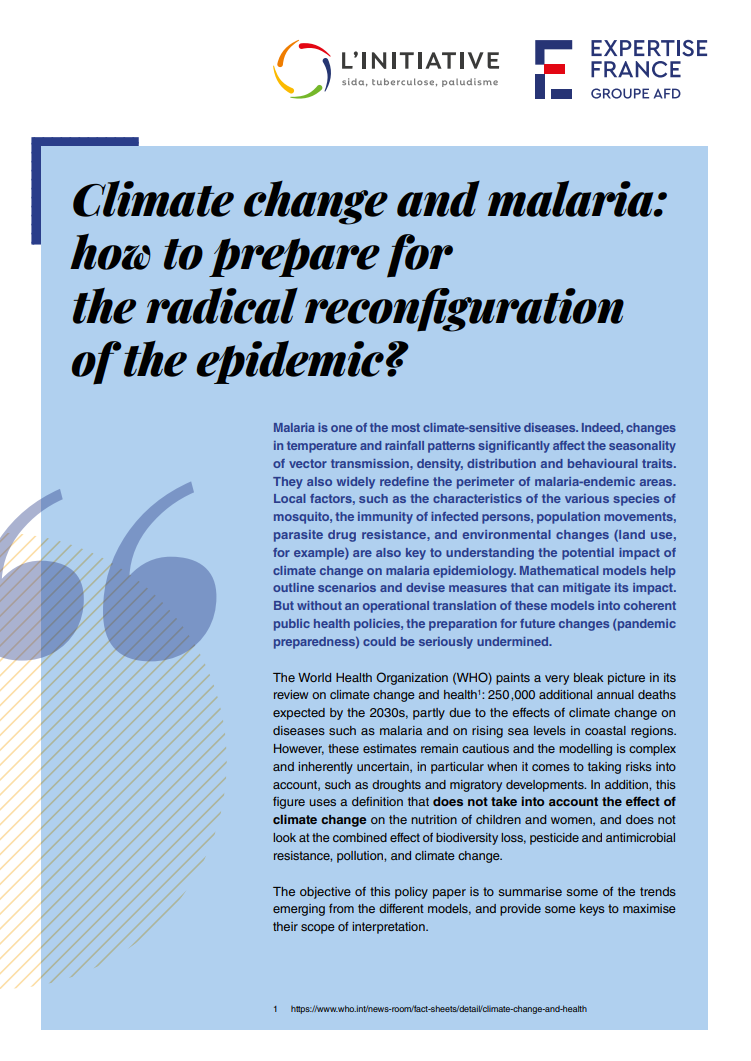Last Updated: 19/02/2025
Climate sensitive vector borne disease intervention tools
Objectives
This project proposes to develop a flexible user-friendly interface to allow policymakers, stakeholders and researchers to explore the epidemiological consequences of the changing environment.
The impact of climate change on mosquito-borne diseases are highly uncertain and will vary regionally as people and mosquitoes adjust in different ways. Estimates of how climate influences mosquitoes’ ability to spread disease are scarce, with experiments typically conducted in artificial environments with inbred-laboratory strains. High-quality entomological data from disease endemic areas will be essential to produce meaningful future projections. The tool will empower primary data collection by translating user defined estimates of how mosquito bionomics may change over time into disease projections in their local environment given existing and future control interventions. Users can also input projections of disease burden from statistical models and investigate the public health measures needed to mitigate the effects of climate change. The project will focus on malaria and the arboviruses dengue, zika and chikungunya. It will build on the existing malaria interface (https://mint.dide.ic.ac.uk/) to include climate sensitive mosquito bionomics inside established disease specific mechanistic models. Situations ranging from disease introduction to increasing mosquito abundance will be explored to allow future scenario planning including economic evaluations across spatial scales.
Nov 2022 — Oct 2027
$654,636


